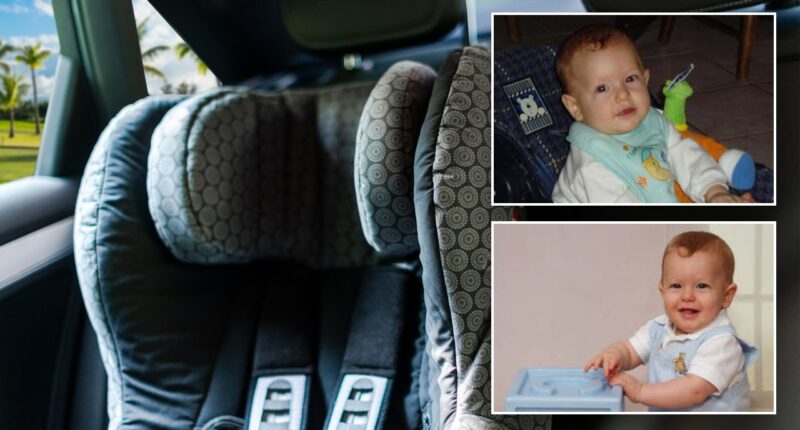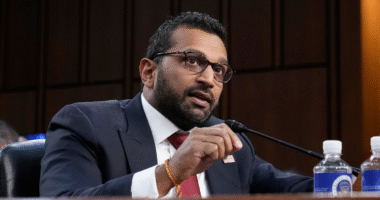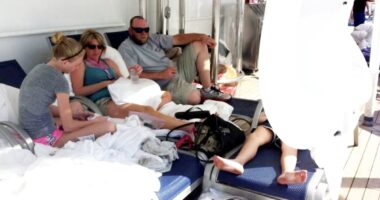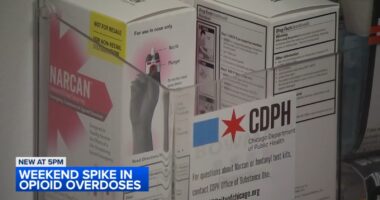NEWYou can now listen to Fox News articles!
As a heatwave crashes over parts of the United States this week, one mother who lost her 9-month-old son after accidentally leaving him in a hot car is warning other parents to take precautions.
Raelyn Balfour forgot her son, Bryce, was sitting in the back seat of her car when she walked into work on March 30, 2007.
“I was one of those parents, years before this happened to me, who said that it has to be an irresponsible parent. There’s no way that could happen. But there absolutely is a way that can happen,” Balfour told Fox News Digital.
The now-53-year-old mom of five, including Bryce, served in the Army for nearly 30 years before she medically retired in 2018.
She added that parents who lose awareness of a child in the back seat showcase “a very typical function of the competing memory systems in our brains.” The hippocampus stores thought memories while the basal ganglia controls habit memory, and the two functions compete with each other, she said.
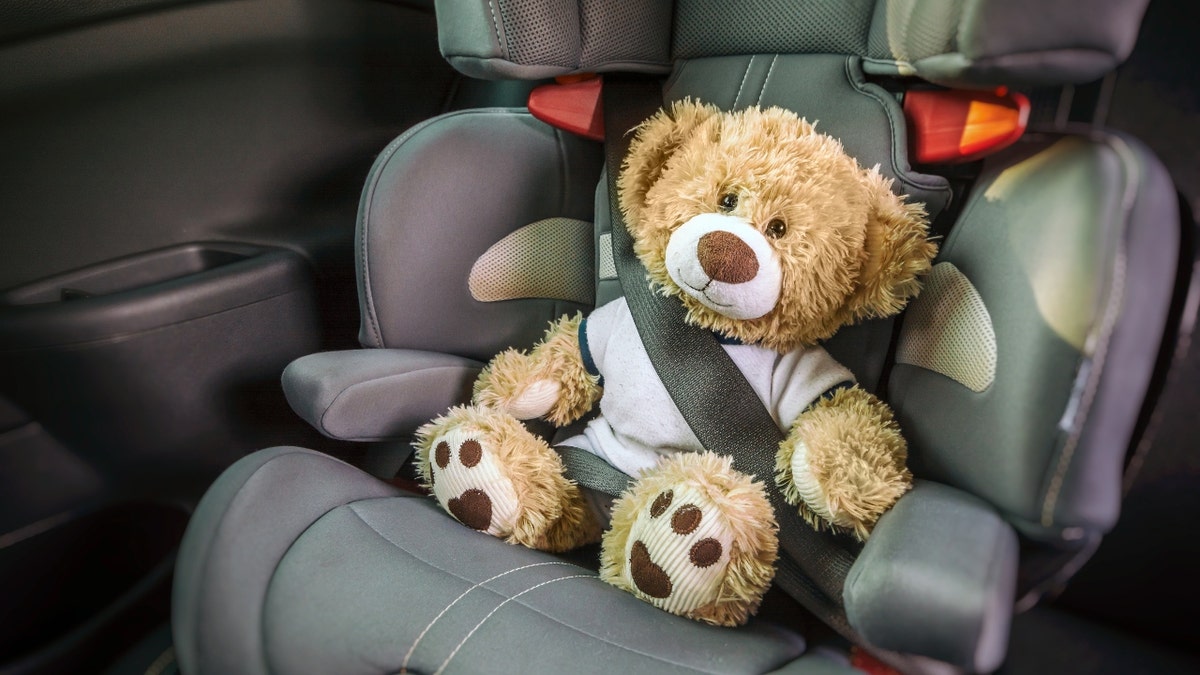
There are an average 38 hot-car deaths per year in the United States. (iStock)
“When you’re fatigued, stressed, you’ve got a lot going on, your habit memory or that basal ganglia tends to kick in more often and help you execute habits or routines that you’ve done many times before so that that hippocampus, or that conscious memory, isn’t having to stay engaged,” she explained. “So this is kind of a survival mechanism of the way that our brain functions. The problem with that habit memory, or that basal ganglia, is that when there’s a change in that normal routine … your basal ganglia can’t account for that.”
Parents who are sleep deprived or overwhelmed may be thrown off by changes in routine, thus being more susceptible to leaving children in cars on their way to work or other stops in their daily routines.
About 55% of all hot car fatalities involve a parent who “lost awareness that the baby was in the back seat and did not have a reminder or did not realize until it was too late,” Rollins Reis said.
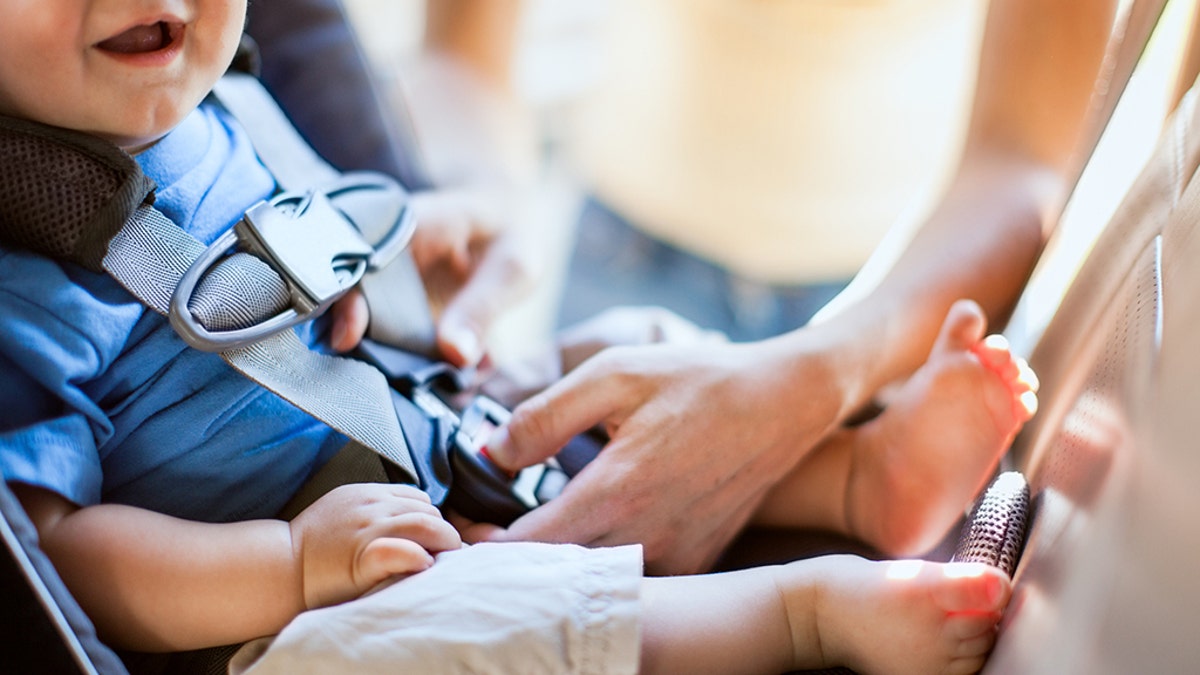
A mom buckles her infant son safely into a rear-facing car seat as they get ready to drive somewhere in their vehicle. (iStock)
She recommends parents put something in the back seat that they need to move on with their day, such as a phone or laptop — something that is needed for a typical work day. Balfour said that when she had her other children, she would take off one shoe and put it in the back of her car so she would always remember to check the back.
Balfour also recommends parents strap their children into their car seats with an object, such as a bright stuffed animal, and then take the stuffed animal up to a visible place in the front seat as a reminder that there is a child in the back.
Developing habits like these help parents get into the routine of checking the back seats, Rollins said.
Balfour has since made it her life’s mission to share her son’s story and help other parents remember their children in the back seat.
“No matter how hard it is, and it’s never easy, I’m keeping my promise to him,” Balfour said. “And that’s how I honor his memory. That’s how honor him, is to continue to be a voice and to spread the information.”
